Sony continues to claim Microsoft is unwilling to offer “parity” with COD to Brussels regulators
3 min. read
Published on
Read our disclosure page to find out how can you help Windows Report sustain the editorial team. Read more
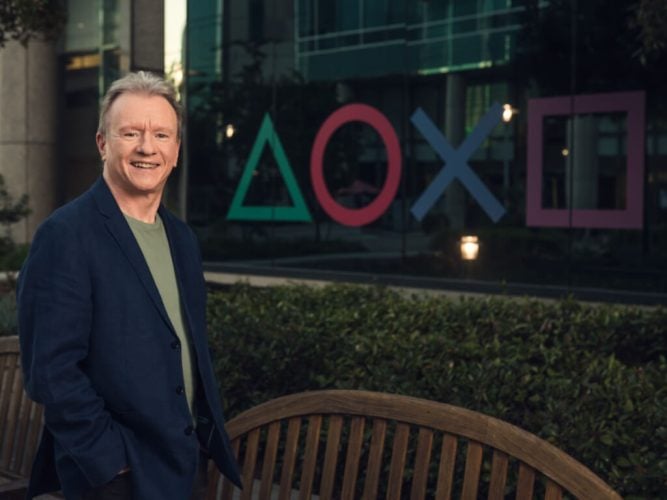
With a stable revenue source such as Call of Duty potentially on a future chopping block as Microsoft seeks to acquire Activision Blizzard, Sony has been running to every regulatory body to preemptively block the deal, and its latest target is the authorities in Brussels.
According to tweet thread posted by Microsoft’s chief communications officer Frank Shaw, he’s of the belief that Sony has been “briefing people in Brussels claiming Microsoft is unwilling to offer them parity for Call of Duty if we acquire Activision.”
I hear Sony is briefing people in Brussels claiming Microsoft is unwilling to offer them parity for Call of Duty if we acquire Activision.
Nothing could be further from the truth.
1/4
— Frank X. Shaw (@fxshaw) January 28, 2023
For anyone who has been paying attention to the approval process or had firsthand knowledge of Microsoft’s proposal would agree with Shaw’s defense of the claim that simply states, “nothing could be further from the truth.”
Early in the approval process for the $68.2 billion Activision buyout, Microsoft attempted to assuage cursory concerns of anticompetitive potential by offering Sony an extension on its current Call of Duty licensing deal with the mega publisher that’s already in place.
With Call of Duty being a fairly lucrative property on both PlayStation and Xbox platforms, Microsoft has repeatedly and in writing, offered to go beyond the current deal in place between Activision and Sony for COD, which would end in the next four years, and offered to extend a licensing deal for ten years, as well as bringing native development of the franchise to additional platforms it was not previously on that include Nintendo and Steam.
However, according to Shaw, Sony seems to be dismissing the COD offer, and instead is attempting to tilt the scales towards disapproval with continued hypothetical allegations in this instance.
While Shaw’s tweet thread, in favor of the merger, explains that “Our goal is to bring Call of Duty and other games – as we did with Minecraft – to more people around the world so they can play them where and how they want,” Microsoft’s recent history does lend some credence to Sony’s objections.
After purchasing Bethesda gaming studios, Microsoft almost immediately made the next two titles coming from the company exclusives. Bethesda’s Redfall and Starfield are slated to release this year as Xbox exclusives, which buttresses against Shaw and Microsoft’s seemingly altruistic position in the Activision Blizzard situation.
To be fair, Microsoft did not claim during its regulatory approval process of the Bethesda deal that it would not hoard some of the studio’s titles for its own business purposes. In a similar vein, Microsoft has not publicly stated that future titles from Activision Blizzard won’t be subject to exclusive clauses, but that well established multiplatform properties such as Call of Duty will remain open to current and additional platforms.
With Brussels being part of the European Commission (EU), which is expected to hand Microsoft its initial charge sheet, a list of concessions and demands that could help the companies close on deal in that region of the world, it’ll be interesting to see what, if any, influence Sony has on that part of the process.

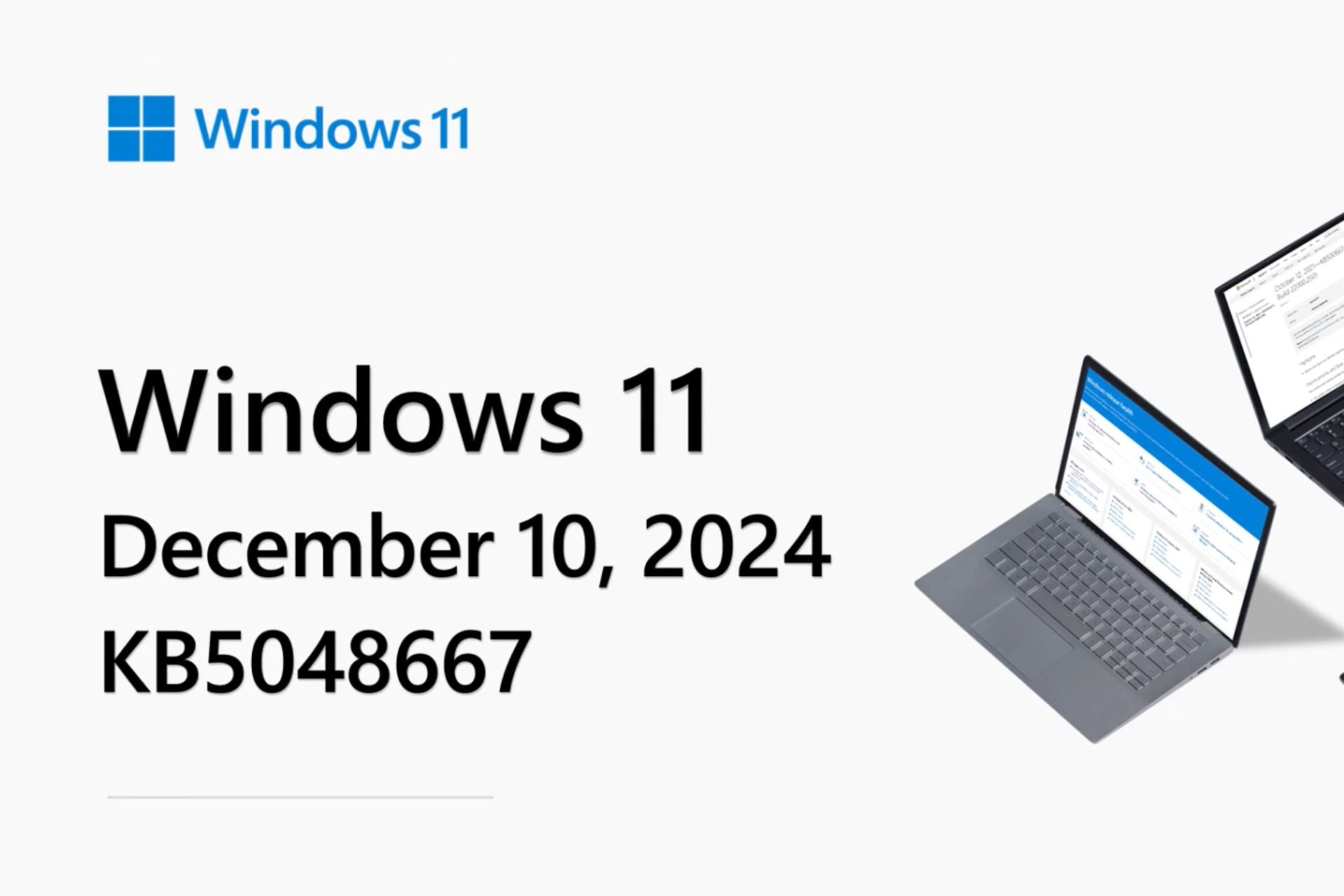
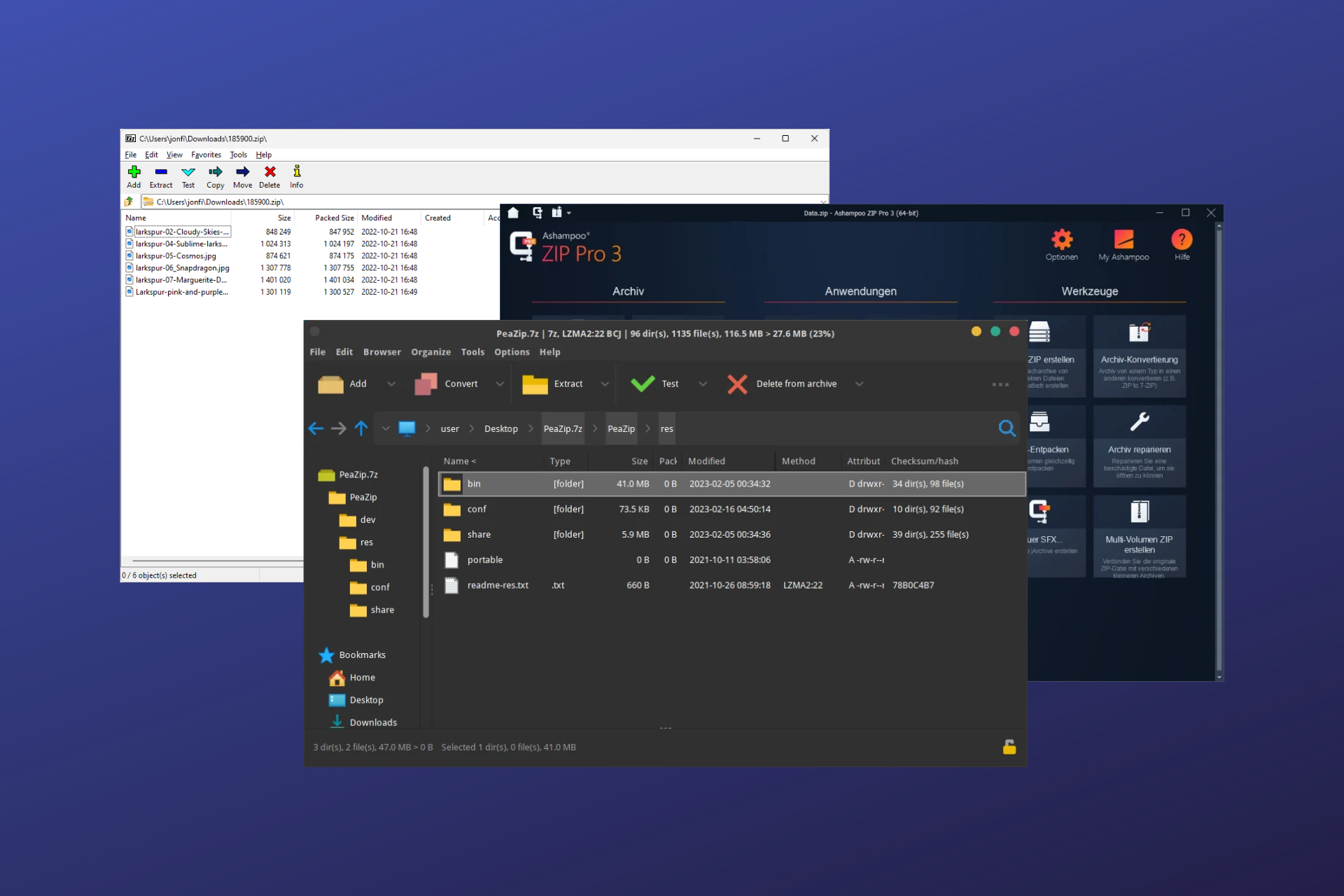

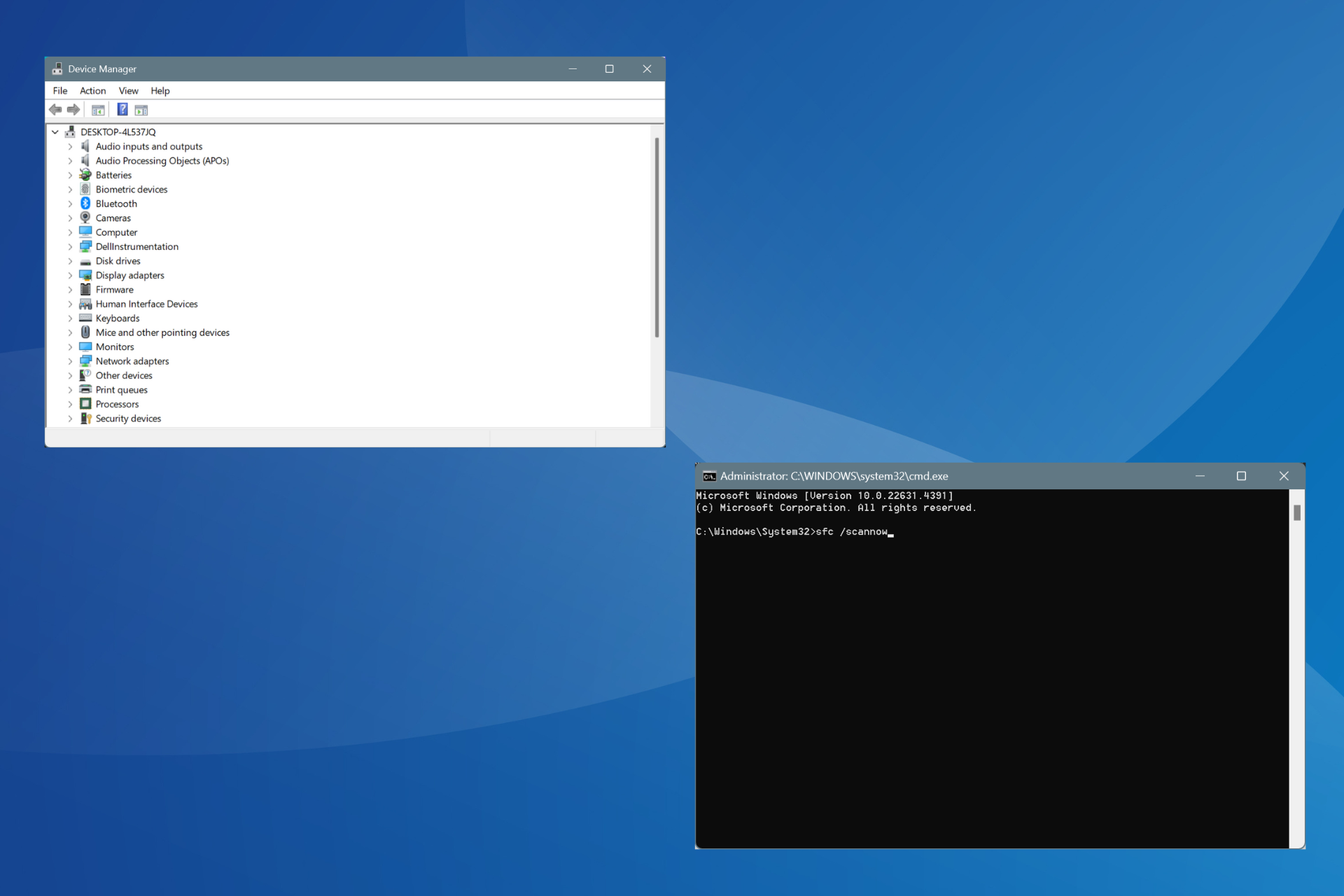
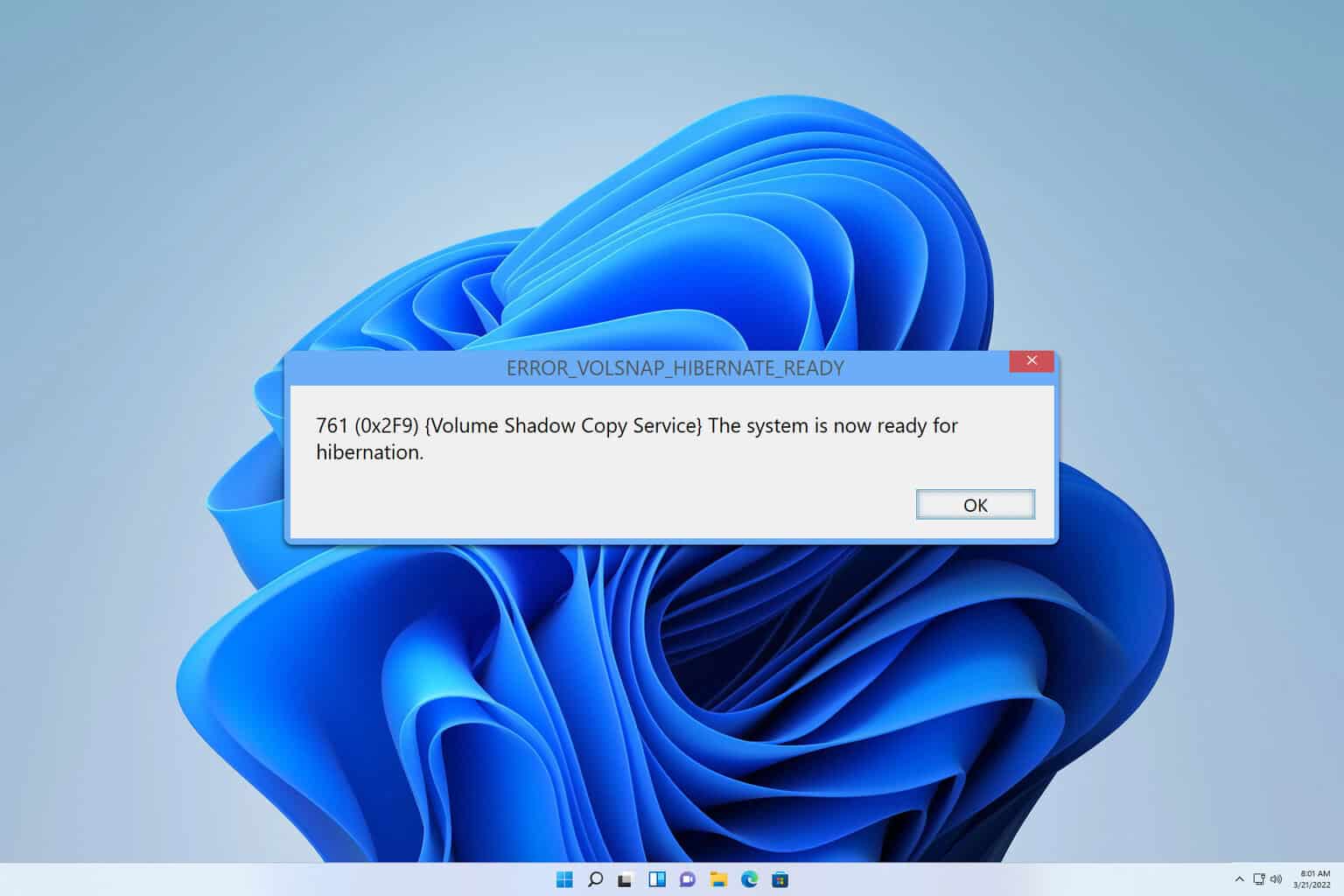
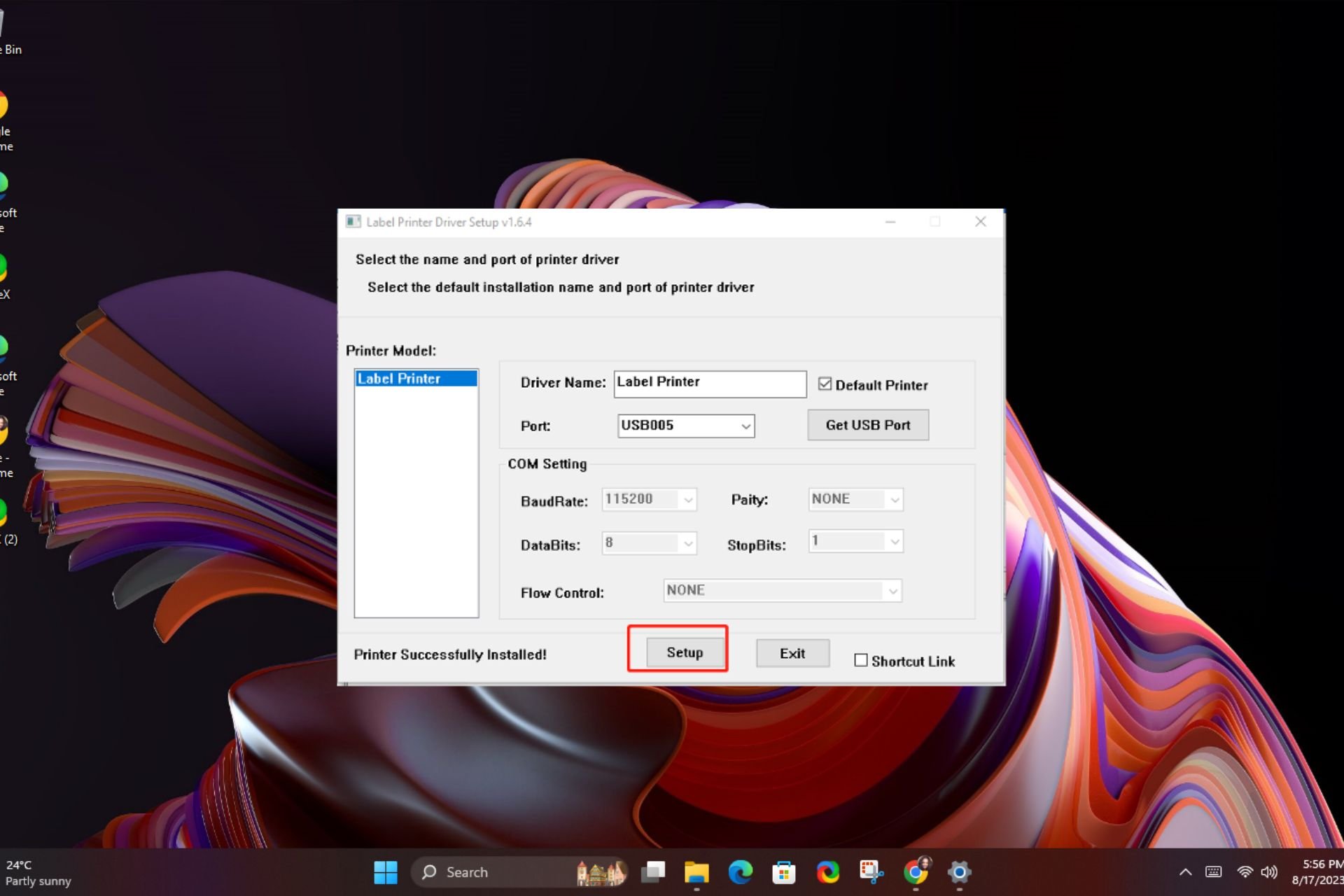


User forum
0 messages